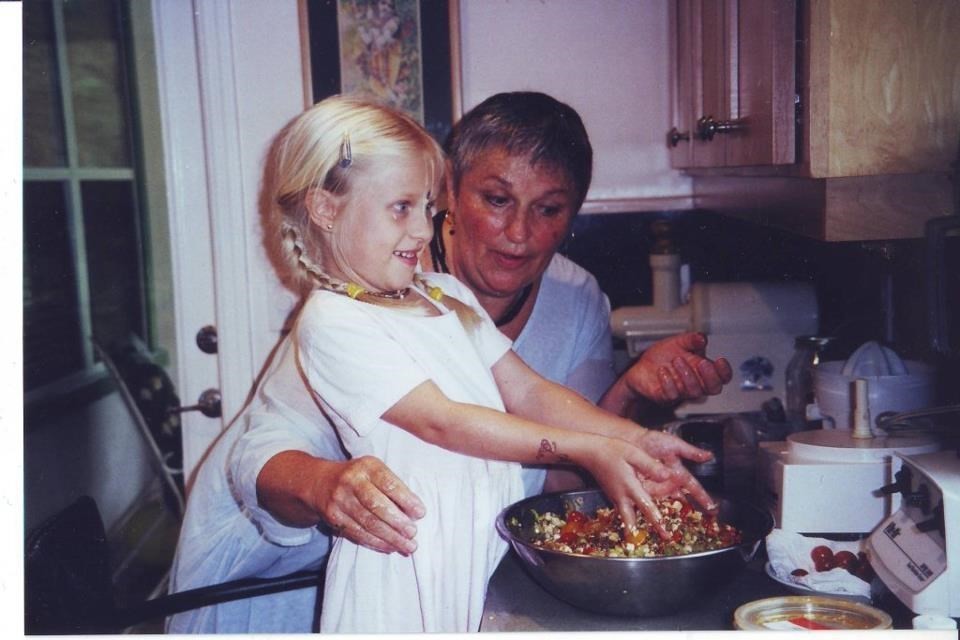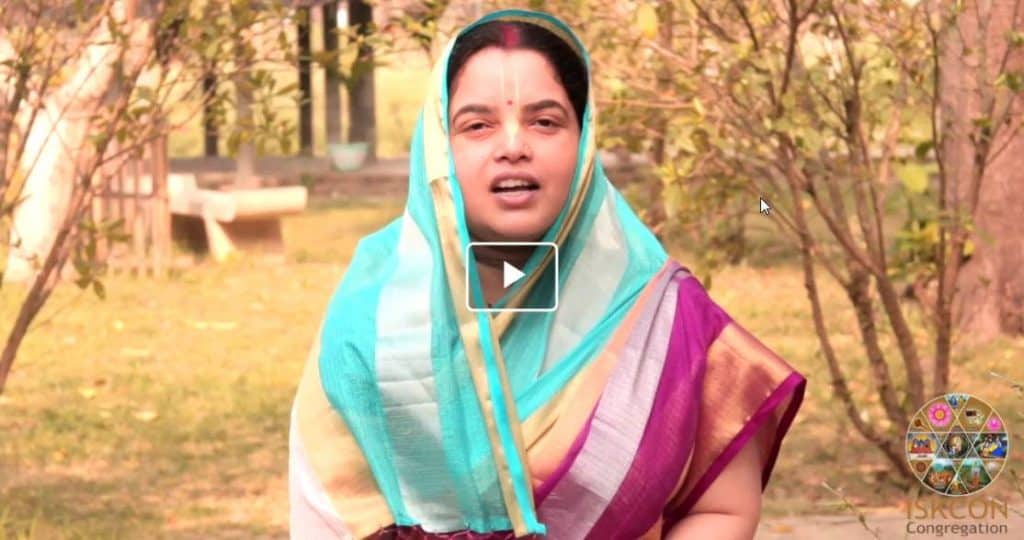-ARCHANA-SIDDHI DEVI DASI —
Use discipline, not punishment
Discipline teaches; punishment hurts. When our children need to be corrected, choose a consequence that will teach them and increase their self-esteem rather than hurt them. Hitting does little to positively instruct children. Instead, it teaches them that it is okay to hit others when they are upset.
Two types of consequences teach: natural and logical. A natural consequence is an environmental reaction to our child’s behavior. As parents, we often want to protect our children from having to experience unpleasant outcomes to their behaviors, but as long as the reaction is not dangerous, we can welcome natural teaching moments.
Some examples of natural consequences are: A child refuses to wear a sweater on a chilly day, so feels cold. A child overeats and gets a stomachache. A child refuses to do his/her homework and the teacher keeps him/her after school (teachers are usually much better at dealing with homework refusal than parents).
Not every situation, however, leads to natural consequences. That is when parents need creative, logical consequences. If a child breaks something, depending on the child’s age, he or she can fix or pay for it. If children decorate your living room wall with a crayon mural, they can wash the wall. In this way, children learn to make amends for their behaviors and bad choices. This builds healthy self-esteem and helps children learn responsibility.
Validate your child’s feelings
Sometimes we become upset hearing our children express strong negative feelings about themselves or others. If a child says, “I hate myself,” we may reply, “You don’t really feel like that,” or “That isn’t true.” Children who frequently have their feelings denied lose confidence in their ability to identify them. Denying their feelings also inhibits children from exploring the reasons they have them. It is more helpful to validate children’s feelings by reflecting back what they say to you. “You feel like everybody hates you today.” In general, this allows the child to express what happened or what thoughts that led to those feelings.
Catch your child doing something right
Studies show that children are exposed to far more verbal criticism and negativity than encouragement and praise. Parents are often so preoccupied with family responsibilities that they virtually ignore their young children until they are disruptive. Then the children are attacked with an arsenal of no’s, don’ts, and stops. For many children, negative attention is better than no attention, so a parent’s reaction can actually reinforce unruly behavior. To counteract this dynamic, take time out every so often to praise smaller children for playing nicely together and getting along. This will give children a positive view of themselves and reinforce positive behavior.
Know your child’s strengths and weaknesses
Some parents have trouble seeing a child’s weaknesses or being realistic about a child’s strengths. Other assessment of both can help you plan meaningful activities for your child. Encourage and promote your child’s special abilities in whatever way is available and affordable. For example, if your child shows musical talent, see what lessons or groups are available to help develop that talent. Understanding your child’s deficits is equally important. Seek additional assistance to help your child improve in these areas. Your child’s teachers and other adults who have regular contact with your child can also share their observations and suggestions.
Get to know your child’s teachers and friends
Teachers often spend more time with our child than we do and may have valuable in- sights into our child’s nature and give helpful advice. So, be in regular contact with your child’s teachers. This will also convey to the teachers that you are interested and involved in your child’s education. Getting to know your child’s friends tells your child that you are interested in his/her life outside the home. Good relationships with your child’s friends will also help.
(Article from the newsletter Real Family Life with Krsna by ISKCON Congregational Development Ministry)





